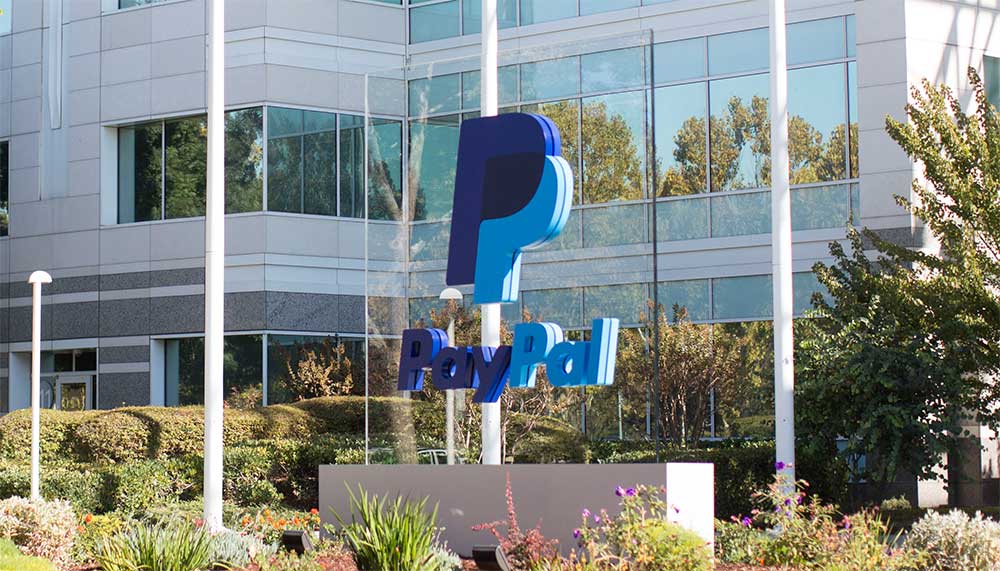In a bold move into the burgeoning world of digital assets, global payment giant PayPal has announced the launch of PYUSD, its own U.S. dollar-backed stablecoin, according to an official press release. The PYUSD stablecoin is positioned as an essential building block in PayPal’s broader strategic push into the cryptocurrency sector.
The move comes as a series of central banks and financial institutions worldwide are exploring and integrating stablecoins and other digital assets into their operations. By offering a stablecoin pegged to the U.S. dollar, PayPal is not only reinforcing its foothold in the fintech space but also providing an avenue for users to make transactions in a digital format that mirrors the stability of traditional fiat currencies.
With PYUSD, PayPal aims to offer its vast user base an easy-to-use, reliable digital currency that can be used for payments, transfers, and holding value, all while benefiting from the security and robust infrastructure that the PayPal platform provides.
PYUSD will leverage blockchain technology to maintain its 1:1 peg with the U.S. dollar, ensuring that for every PYUSD in circulation, there’s an equivalent amount of USD held in reserve. This model stands in contrast to other stablecoins in the market that maintain their peg through a combination of collateral.
However, it’s not just about facilitating smoother transactions. Reuters highlights that PayPal’s entry into the stablecoin market indicates a larger ambition: fostering a deeper integration of cryptocurrencies into everyday commerce. As digital assets gain traction among consumers and businesses, PayPal’s latest venture reflects its commitment to stay ahead of the curve and meet the evolving demands of its global clientele.
Key industry experts and stakeholders have weighed in on the implications of this launch. In a report by The Verge, analysts predict that PYUSD has the potential to reshape the stablecoin market, especially given PayPal’s expansive reach and reputation for secure digital transactions. With over 400 million active users, PayPal’s foray into the stablecoin arena could significantly boost the adoption and acceptance of digital currencies.
As per Bloomberg, the introduction of PYUSD isn’t the company’s first step into the cryptocurrency world. Previously, PayPal had already enabled cryptocurrency buying, selling, and holding on its platform. However, with the release of PYUSD, PayPal is seen as pushing deeper, positioning itself as a formidable player in the realm of digital assets.
The Block points out that beyond its utility for transactions and value storage, PYUSD might offer additional financial services down the line. As digital assets become more embedded in global financial systems, the demand for associated services—like lending, staking, and yield generation—also rises. With PYUSD, PayPal may be setting the stage for a comprehensive suite of digital asset-related offerings.
PayPal’s launch of PYUSD signifies more than just the release of a new stablecoin—it’s a strategic decision that underscores the company’s vision for the future of digital finance. As the lines between traditional banking and fintech blur, initiatives like PYUSD highlight the dynamic and ever-evolving landscape of global finance.
The post PayPal introduces PYUSD, its own US dollar-backed stablecoin appeared first on Crypto Reporter.

